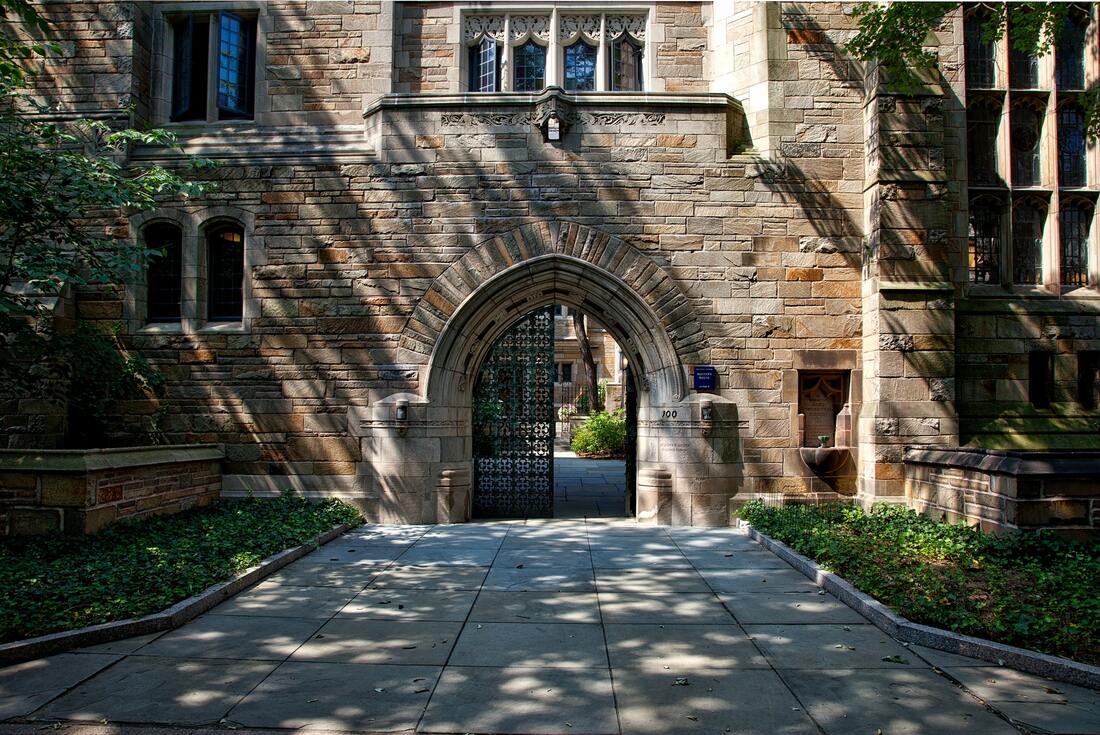|
The beliefs about college that drive parents to do insane, and sometimes illegal, things for their teens are based on a fundamental misunderstanding of what young adults really need to thrive in today’s world. By Yea Flicker, MA and Jai Flicker In the aftermath of the college admissions scandal, involving millions of dollars of bribes, doctored sports photos, fraudulent test takers, and instructions for kids to “act stupid” in order to qualify for extra time on college entrance exams, reactions from educators, institutions, and parents across the nation have ranged from stunned and appalled to not surprised at all. The brazenness required to execute the scope of this fraud is sobering. However, as many have pointed out, this kind of fraud is exactly what one should expect from an unfair college admissions system taken to its logical conclusion. As guilty pleas are entered, and the lives of families and young adults are forever altered, we began pondering why such wealthy, privileged, and powerful people would risk so much for their children to be admitted into certain colleges. After talking at length to fellow educators, administrators, parents and students, and after reflecting on what we’ve witnessed in our own work as educators over the past twenty years, we arrived at the following conclusion: underlying all of the extreme, unethical, and illegal actions taken by these parents is the mistaken belief that where kids go to college will single-handedly determine their children’s future success and happiness. This belief clouds the minds of parents, and it is paralyzing for teens. Is an elite college credential our children’s golden ticket to a life of success and happiness? Empirically, the answer is no. According to a study conducted in 1999, and a larger follow-up study in 2011, for most students there is no long-term payoff to having a degree from an elite institution compared to a degree from a less selective school. Developmentally, the answer is no. College credentials do not automatically translate into personal competencies. What does create competent, confident, and healthy young adults are strong relationships (connectedness), autonomy (fostering independence without helicoptering), and the acquisition of knowledge and life skills. Children are best positioned to gain the latter through hard work, struggles, and sometimes, failure, within the context of loving and supportive parents, teachers, and mentors who provide a safety net for these experiences. Yes, we said failure -- an undervalued tool that builds resilience and personal growth in young adults. The debilitating anxiety that so many high school students wrestle with each day comes not simply from heavy homework loads or time-consuming extracurricular activities. The real problem is that so many teens feel as though their whole lives hang in the balance, as if every test and every grade is going to have life-altering consequences. This is too much for any child to bear. In order to counter our students’ rising anxieties and fears, we’ve been telling them something that many parents and educators would never dare say: going to a “good” college isn’t as important as you think. We’ve worked with students who graduated from some of the most elite schools in the country who are now struggling in various facets of their lives. We’ve also had students who have gone to “just okay” colleges who have ended up being incredibly successful and extremely fulfilled in life. Going to college is important. Getting into a “good” college on your own merits is wonderful. However, the key to leading a happy, fulfilled, successful life as an adult in no way depends upon going to a particular school. One of the consequences of the mistaken belief that “getting into a good college is everything” is that it leads people to focus so narrowly on getting kids into college than they forget to actually prepare them for college. Adolescence includes one of the most active phases of brain development of our entire lives, second only to the first three years of life. So much of what we teach kids during this phase of heightened neuroplasticity ends up shaping their brains for life. There is something consequential about adolescence: not only is it the last time many young people will live at home, making it feel like a parent’s last chance to influence their child, but it also is rich with opportunity to foster character development and encourage intellectual exploration because the adolescent brain is so primed to learn. Parents think that what their teens need to thrive in today’s world is a credential from an elite college. Teens don’t need credentials, they need competencies gained from their own experiences and efforts. They need confidence built from successes that are hard earned through persistence, mistakes, and failures. Teens need relationships with adults who will shepherd them through the trials and tribulations of adolescence and see them as more than a melange of grades, standardized test scores, and college essay worthy extracurricular activities. Teens need us to see their potential and give them the dignity and respect to actualize it on their own accord. Yea and Jai have a combined 40 years of experience as educators. Yea is an educational consultant, academic coach, and a high school educator in San Francisco, CA. Jai is the founder of LifeWorks Learning Center in Marin, CA.
0 Comments
Leave a Reply. |
AuthorYea Flicker, MA, offers her perspective on current topics in education and adolescent development. Archives
April 2020
Categories |


 RSS Feed
RSS Feed
